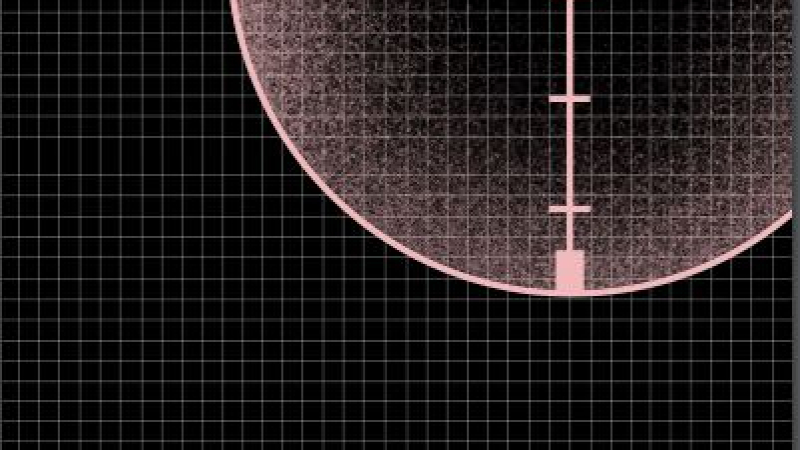Swedish banks invest in controversial arms trade
Jakob König, project manager for Fair Finance Guide in Sweden, The Swedish Consumers' Association, jakob.konig@sverigeskonsumenter.se; +46 730-37 92 93Penny Davies, Policy Adviser, Diakoniapenny.davies@diakonia.se; +46 734-21 35 37

Jakob König, project manager for Fair Finance Guide in Sweden, The Swedish Consumers' Association, jakob.konig@sverigeskonsumenter.se; +46 730-37 92 93Penny Davies, Policy Adviser, Diakoniapenny.davies@diakonia.se; +46 734-21 35 37
Sweden's seven largest banks invest nearly five billion SEK in companies that export arms to countries that violate human rights and are involved in armed conflicts. This is revealed in a new report from Fair Finance Guide in Sweden, which urges the banks to stop investing customers' savings in controversial arms trade.
A new report examines Swedish banks' investments in 15 companies exporting weapons and military equipment to countries with authoritarian regimes, countries with a lack of political rights and civil liberties, countries in armed conflict, or poor countries which use a disproportionate share of the state budget for military spending. The report is published jointly by Diakonia and the Swedish Consumers' Association, part of the Fair Finance Guide coalition in Sweden.
"The banks must take a firm stand against this type of controversial arms trade. It contradicts a number of principles of international conventions and regulations that aim to prevent weapons from falling into the wrong hands. A ban on such investments would send an important signal to arms companies and put pressure on other investors to act responsibly", says Penny Davies, Policy Adviser at Diakonia.
The report shows that all of the seven largest banks in Sweden invest in several of the arms companies through 65 of their savings funds. In total Danske Bank, Handelsbanken, Länsförsäkringar, Nordea, SEB, Skandia and Swedbank invest 4.7 billion Swedish kronor in the companies. Swedbank account for more than half of the amount, while Danske Bank and Handelsbanken invest in the highest number of companies. The report also demonstrates that several of the banks have large gaps in their policies and in some cases do not follow their own guidelines.
All seven banks invest, for example, in companies that have exported weapons to Saudi Arabia - a country that is considered to be particularly controversial because of serious violations of human rights and the country's on-going military activities in neighbouring Yemen. The Saudi-led coalition's attacks in Yemen are accused of violations of international humanitarian law by several human rights organizations. Both non-profit organizations and the European Parliament have demanded an arms embargo against Saudi Arabia. Several of the exported weapons are used in the attacks and some of the arms companies have continued the exports despite the on-going conflict.
"Swedish banks have for many years taken a stand against investing in cluster munitions and anti-personnel land mines, because they often hurt civilians. It is the same problem when it comes to controversial arms trade. Banks must expand their responsibility and ensure that Swedish citizens' savings do not support this type of business", says Jakob König, project manager for Fair Finance Guide at the Swedish Consumers' Association.
